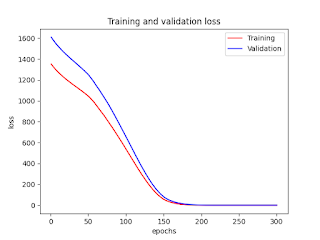| Organizations | Winning | Losing (Japanese Military during the WW2) |
| Strategy: Purpose | Clear | Unclear |
| Strategy: KPI | Long-term goal | Short-term results |
| Strategy: Deductive / Inductive | Deductive (grand design) (*) | Inductive (incremental, expeirience) |
| Strategy: Options | Wide, integrated, and adaptive | Narrow and fixed |
| Strategy: Technology System | Structured, standardized, and systematic | Individuals-oriented |
| Organization: Structure | Systematic | Individual-dependent network |
| Organization: Integration | Systemic, task force | Individual relationship |
| Organization: Learning | Double loops (deductive and inductive) | Single loop (inductive) |
| Organization: Evaluation | Results | Motivation, process |
(*) Obviously, inductive is plus, but deductive comes first.
Japanese military did not unlearn and innovate their strategies and organizations along with changing environment. They focused on organizational harmony and accordance. They had to use a lot of energy and time for it, so they could not self-innovate. Why did they fail? Because they over-adapted to the past successes and the over-adaption precluded adaptability. So they could not unlearn.
Bureaucratic organization and individual-dependent network prevented them from unlearning (disposing the past knowledge and re-learng new things). That also stopped them self-innovating and pursuing rational ways.
What they needed were:
The imbalanced
Autonomy
Creative destruction (not mere adaption)
Coexistence of the heretical and the chance-driven
Knowledge: selection (disposal) and accumulation
Sharing the integrated values


No comments:
Post a Comment